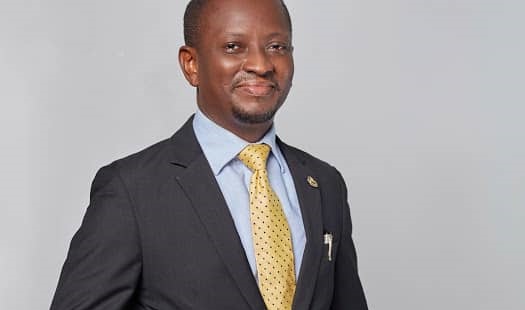Prominent legal voices have raised alarm over the recent suspension of Chief Justice Gertrude Araba Esaaba Sackey Torkornoo, cautioning that the development could severely undermine judicial independence and dent Ghana’s democratic credentials.
Former Deputy Attorney-General Alfred Tua Yeboah has described the advice given by the Council of State to suspend the Chief Justice as “acidic and poisonous,” warning of the long-term implications such a move could have on Ghana’s democratic institutions.
Speaking on Citi FM on Tuesday, April 22, Yeboah said, “If you take the Chief Justice out and you want to advise for her suspension, the Council of State needs to tread cautiously… That is why I have stated elsewhere that the decision of the Council of State is very acidic, very poisonous.”
He emphasized that while the Constitution requires the Council to advise the President, such advice is not binding. “The buck stops with the President,” he stressed, urging that future decisions involving the exercise of executive discretion be approached with greater care.
The suspension follows the submission of three petitions by unnamed individuals alleging misconduct against the Chief Justice. In accordance with Article 146(6) of the Constitution, President John Dramani Mahama determined that a prima facie case had been established and, after consulting the Council of State, suspended the Chief Justice pending a full inquiry.
A statement issued by the Office of the President and signed by the Minister in Charge of Government Communication, Felix Kwakye Ofosu, confirmed the formation of a five-member investigative committee. The committee is chaired by Supreme Court Justice Gabriel Scott Pwamang and includes Justice Samuel Kwame Adibu-Asiedu, former Auditor-General Daniel Yaw Domelevo, Major Flora Bazwaanura Dalugo of the Ghana Armed Forces, and Associate Professor James Sefah Dzisah from the University of Ghana.
Meanwhile, private legal practitioner Austin Brako-Powers joined the chorus of criticism, describing the suspension as a “needless spectacle” meant to appease the ruling party’s base.
In a strongly worded Facebook post, Brako-Powers stated, “I have always maintained, and it bears repeating, that the use of executive power to settle political scores should not be entertained in our democracy. Trust in the Executive and the Legislature is at its lowest… If we allow political power to bastardise the Judiciary, the country’s last bastion of hope, that will mark the end of our democracy.”

